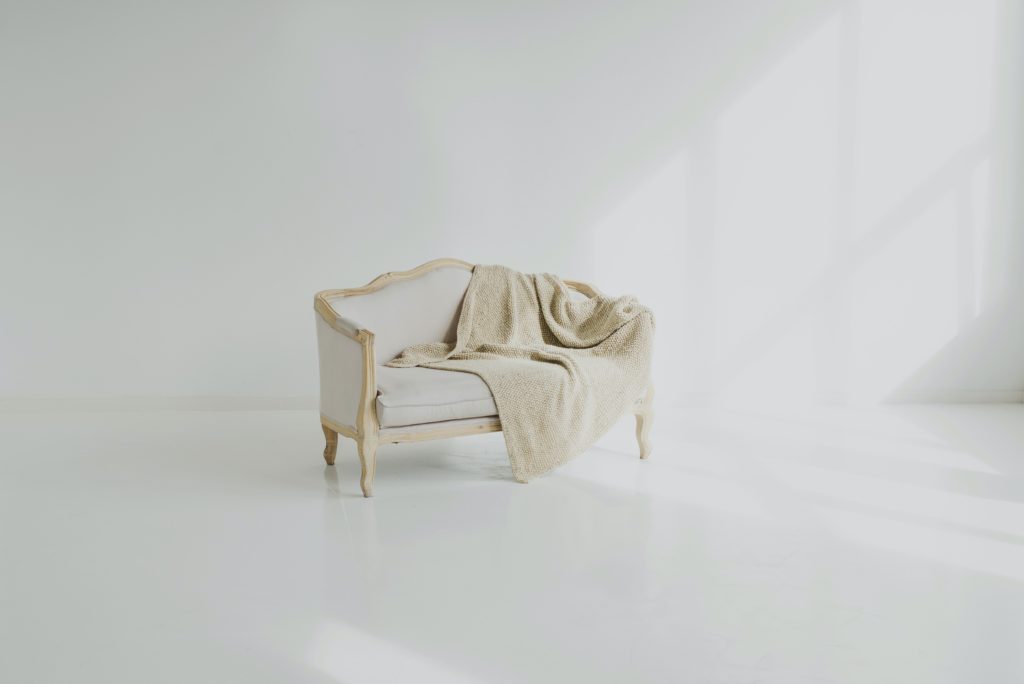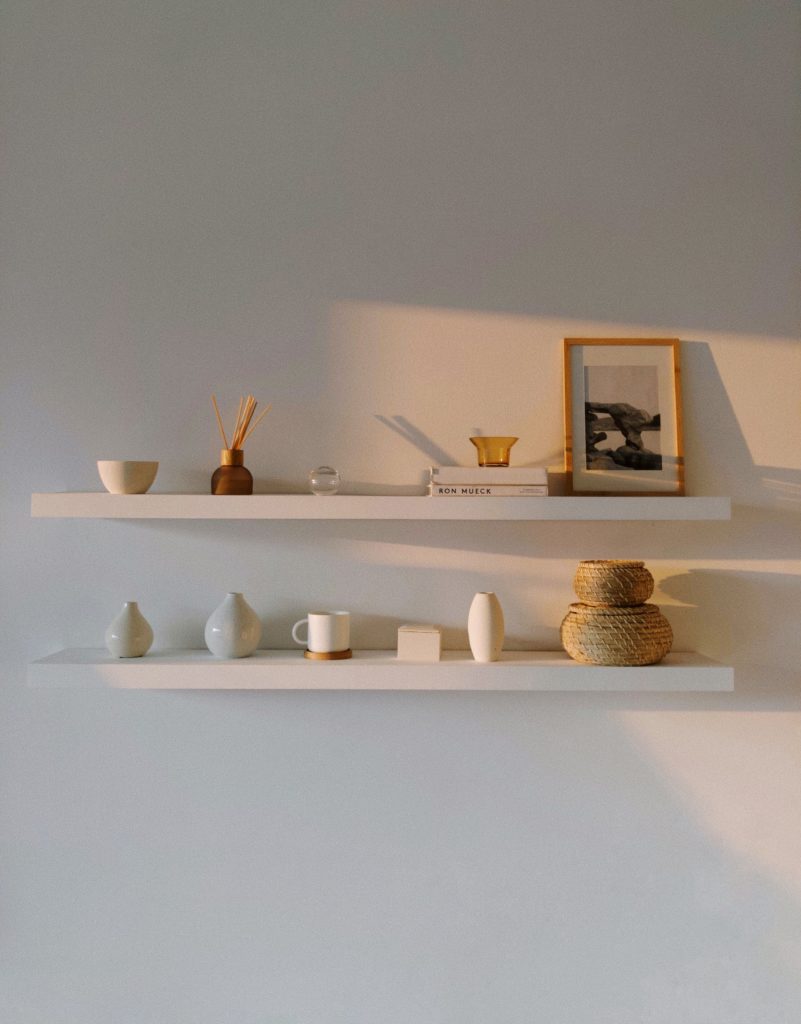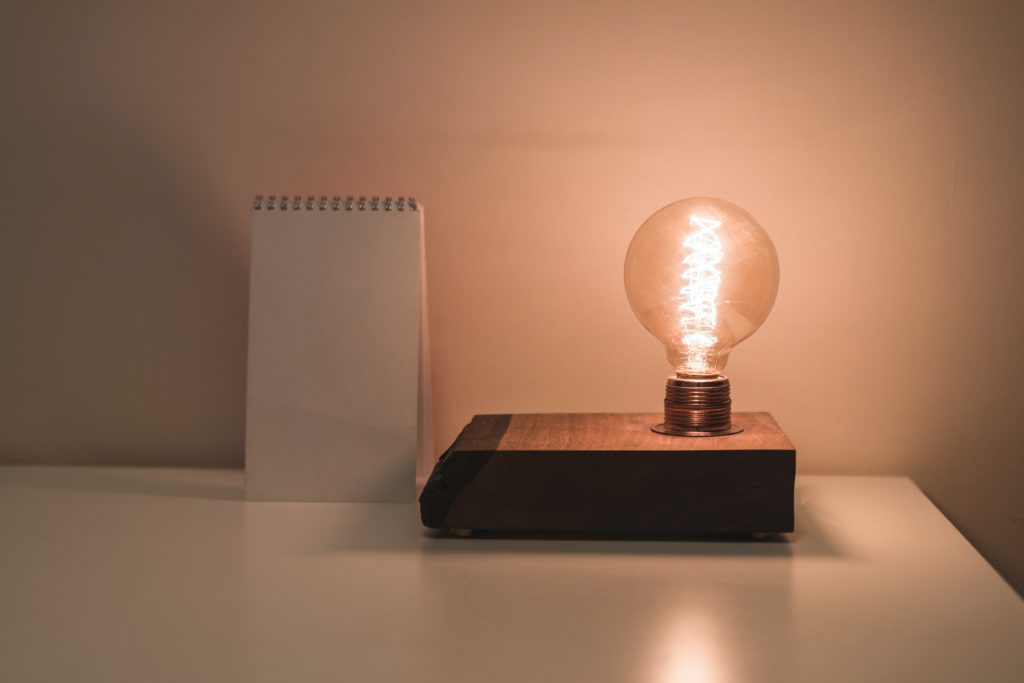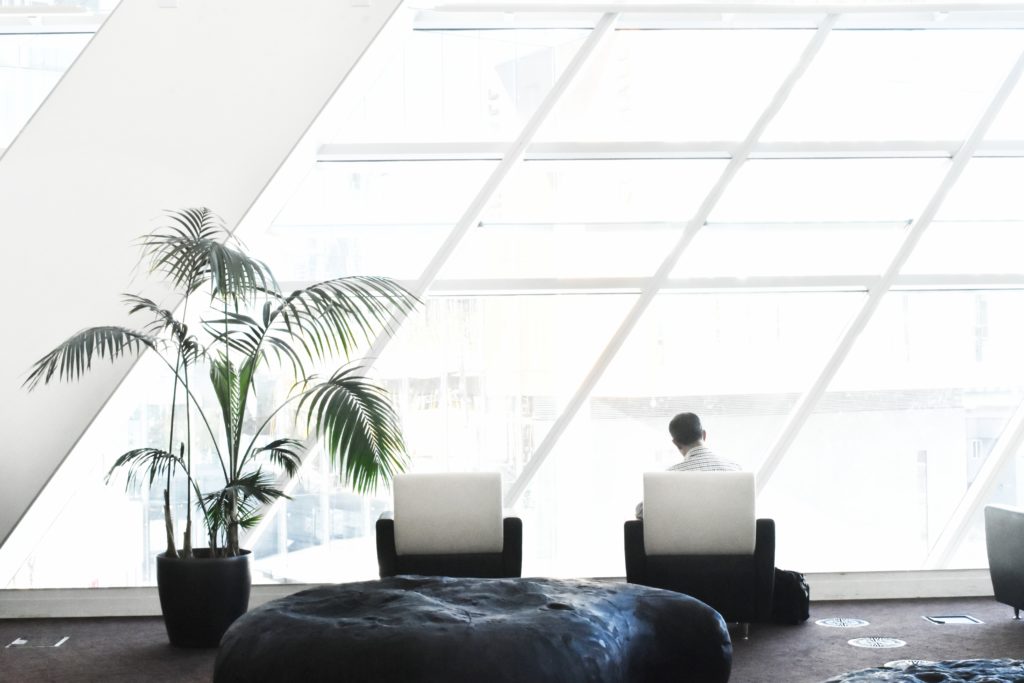Table of Contents
What exactly is minimalism?
Many people associate minimalism with “doing less” and “letting go.” That description appeals to catchy words, but it fails to capture the greater concept of minimalism. Minimalism entails much more than just decluttering and simplifying. It is an attitude that may be used to a variety of circumstances. We have talked in length about what is minimalism and the benefits of minimalism. In this article, we will help you know more about the principles of minimalism. If you wish to become a minimalist and want to live a minimalist lifestyle then you first need to understand the principles of minimalism.
Contrary to common belief, the laws of minimalism are not unbreakable. “Minimalist living” is a very adaptable notion that is inherently subject to interpretation. In other words, even if one person labels as a “minimalist,” the next self-declared minimalist may live a very different lifestyle.
The principles of minimalism
Minimalist principles do not advocate getting rid of everything and purging one’s life possessions. Minimalist principles advocate for enriching one’s life with joy and purpose. With everything that makes the individual joyful and getting rid of everything else as much as feasible.
Minimalist principles include avoiding unnecessary stuff in all facets of one’s life wherever feasible. To make everything in a person’s life fight for that prime place and prove that it is deserving of that space in a person’s existence.

According to Minimalist Principles, practically everything in a person’s life should count for something and have a positive influence. Minimalist principles are not the end, but rather the beginning of filling a person’s life with what is actually essential to them in the intention of generating pleasure and joy. Without emptying a person’s life by getting rid of anything and everything.
Despite the diversity of minimalist lives, the majority of individuals share a set of principles. On that basis, below are popular minimalist concepts.
- You have to set your priorities right
- Trends come and go; timelessness is the way to go
- You need to grow and evolve constantly
- Get out of the pursuit of possessions
- Minimize the distractions
- Purchase with intention, not haphazardly
- Your job and leisure activities are unimportant; it is your attitude toward them that counts
- Physical and emotional well-being are required, not optional
- When it comes to relationships, quality trumps quantity
- Less is more, yet “less” is a nebulous word
You have to set your priorities right
Conscious decisions are the foundation of minimalist living, and priorities emerge as a result. Setting priorities in different facets of life – your career, relationships, social life, physical well-being, expenditure, and leisure activities – forces you to make decisions. These options can lead to greater control, flexibility, and productivity.
Here are some instances of prioritization in many domains:
Work: obtaining a raise in wages.
Relationship: Spending more time with your parents will help your relationships.
Social life: don’t allow phone pals to take advantage of you.
Physical: Losing 10 kg will improve my physical well-being.
Spending: I plan to save $10,000 this year.
Personal: Learning a new language and going to a native-speaking nation to practice are examples of recreational pursuits.
Trends come and go; timelessness is the way to go
Trends are, by definition, ephemeral and ever-changing. Fashion is a classic example. Expensive, ostentatious concepts rarely last. Even if a lot of people like a style because it’s trendy, the same people will abandon it as soon as something newer and more popular reaches the market.
Trying to stay up with trends is a significant trap since the chase will never end and will drain your bank account. Minimalism emphasizes timelessness. When selecting the foundation of your wardrobe, the focus should be on quality and endurance rather than on immediate trendiness.

This concern for lifespan may be extended to various sorts of consumer items. You won’t have to worry about constantly replacing products if you buy a few high-quality, long-lasting ones. Even better, it will save you a lot of hassles as well as money in the long run.
If you live in a moderate region with four seasons, for example, you don’t need five winter jackets because new patterns and trends enter the market every year. If you buy a timeless, high-quality winter jacket today, you won’t have to worry about coat trends in 10 years.
You need to grow and evolve constantly
Becoming a minimalist is a lifelong process, not a destination. Your beliefs, objectives, and values will change and evolve with you as you mature as a person. That is why it is critical to examine your beliefs and goals on a regular basis. Make a vision board once a year to reflect on how far you’ve come. It’s amazing to see yourself and your family develop into the people you’re proud to be!
Get out of the pursuit of possessions
Our consumer-based society does an excellent job of convincing people that they need more stuff in order to be happy, whether it’s the latest iPhone, the best automobile, or the biggest house on the block. Minimalism can help you overcome feelings of longing and inadequacy associated with not having the latest and greatest thing.
When you know what you need and know you have it, you are no longer miserable! You may concentrate on your own personal development and devote your time and energy to the people and activities that are most important to you.
Minimize the distractions
Minimalism entails more than simply possessing fewer possessions; it also entails purging from anything that distracts you from your ultimate objectives and purpose. Spending less time at pointless events takes away things that distract you from your spouse if your objective is to establish a stronger relationship with your spouse.

The same can be said for social media, phone applications, video games, or movies — anything that diverts your attention away from your priorities. Understand digital minimalism and use those minimalism ideas to help you decide how to organize your time. Do one activity at a time and give it your undivided attention before moving on to the next. Allow yourself to be entirely present in the moment with your family before moving on to the next thing.
Purchase with intention, not haphazardly
Intentionality is the focus of a minimalist consumer approach. Minimalism is frequently associated with sombre, mundane consumer items. We’ve all seen the image of a white room with nothing but a little desk, a laptop, and a plant.
Many modern-day minimalists prefer clean, uncluttered surroundings, but the goal is not to reduce. The goal is to consume on purpose. It makes no difference what you buy in this situation. It is important to understand why you are purchasing it. You use a certain mental process to decide whether or not a purchase makes sense.
As a result, minimalism does not stop individuals from owning three sofas and four workstations rather than one. Minimalism entails developing your own standards for spending and consuming. These rules might change, but they are always present.
Some folks may make all of their financial decisions and set a monthly budget for consumer products. Others may use a deferral rule, delaying every purchase for at least one week in order to review its worth.
When it comes to purchasing habits, there are several methods to develop a minimalist attitude. The goal is to create a method for evaluating personal expenditure.
Your job and leisure activities are unimportant; it is your attitude toward them that counts
Humans have had routine activities for thousands of years. Regardless of ethnic origin, the great majority of people follow a schedule for their own benefit. To ensure food sources, Alaskan Inupiat tribesmen used to spend their days fishing and hunting near freezing rivers. They had no sense of money or belongings. They had a straightforward task with a clear goal.
Would an Alaskan tribesman have questioned why he spent most of his life hunting walruses and caribou? He wasn’t going to. He understood the aim of his employment. To assure his tribe’s survival in the winter, he needed to put food on the table. Knowing why we do an action is essential for concentrating on the work at hand. As a minimalist, the most important thing is to understand the purpose of our work and leisure activities.
Whatever we do, we must have a positive attitude about our everyday tasks. We need to focus our efforts on what we want to achieve. We will have the mental freedom to continue our effort and thrive in what we do as soon as we strive toward a tangible objective with a clear notion behind our activities.
Work essentialism, on these premises, entails determining the core aim of our activity. Once attained, it will be much simpler to carry out our activity for a lengthy period of time since we will have fewer uncertainties and distractions.
Physical and emotional well-being are required, not optional
The value of physical and mental self-care is not disputed by minimalists. A keen intellect and a healthy body are required to focus on the fundamentals on a daily basis.
Working exercise on a daily basis and practising mindfulness will improve your focus levels significantly. A combination of physical health and mental serenity, on this premise, is a necessary prerequisite for a minimalist attitude.

If you agree with the notion of minimalism, you should not be concerned about allocating time for physical activity or meditation sessions. In the long term, the “lost” time will be compensated for by significant focus improvements.
When it comes to relationships, quality trumps quantity
The concepts of minimalism as a mentality have a significant impact on how we manage our relationships and social life. Before we go into this, let’s address the elephant in the room. No, it does not.
Minimalists have the same number of friends as non-minimalists. Minimalists are not inherently “lonely wolf” types. Minimalism as a lifestyle is about making decisions, and this includes decisions concerning relationships. Of course, having fewer relationships allows you to focus on important connections like spouses, parents, and best friends.
Nonetheless, a numerical decrease of acquaintances is not the goal. The objective is to manage relationships such that the quality remains high. If you have to give up certain connections in order to emphasize the quality of more significant bonds, then do so.
Less is more, yet “less” is a nebulous word
As a last point, minimalism is not a well-defined set of rules. Minimalism is a manner of thinking about and evaluating purchasing decisions, job ethics, social relationships, and other life difficulties.
By concentrating on the fundamentals, you achieve a general feeling of “less.” Less materialism, less consumer addiction, and overall less hardship. However, the precise definition of “less” is up to you. To put it another way, you are the designer of your minimalist framework.
To summarize, the finest element of minimalist living is that you can personalize your approach to your individual requirements and tastes by following a few principles. Those lifetime abilities will be far more valuable in the long run than a decluttered white living room.
Use the Evolve App to help you. It is an amazing app that teaches you the best practices of mindfulness and will help you lead a minimalistic lifestyle. Try Evolve App to meditate and build your self-esteem and overcome anxiety. The app has journeys that will help you lead a healthy life. The Evolve app is now live globally on Android & Apple.
Co-founder and brains at LeapX by C32 Media Labs
Mail at sarah@c32.media to connect with her.